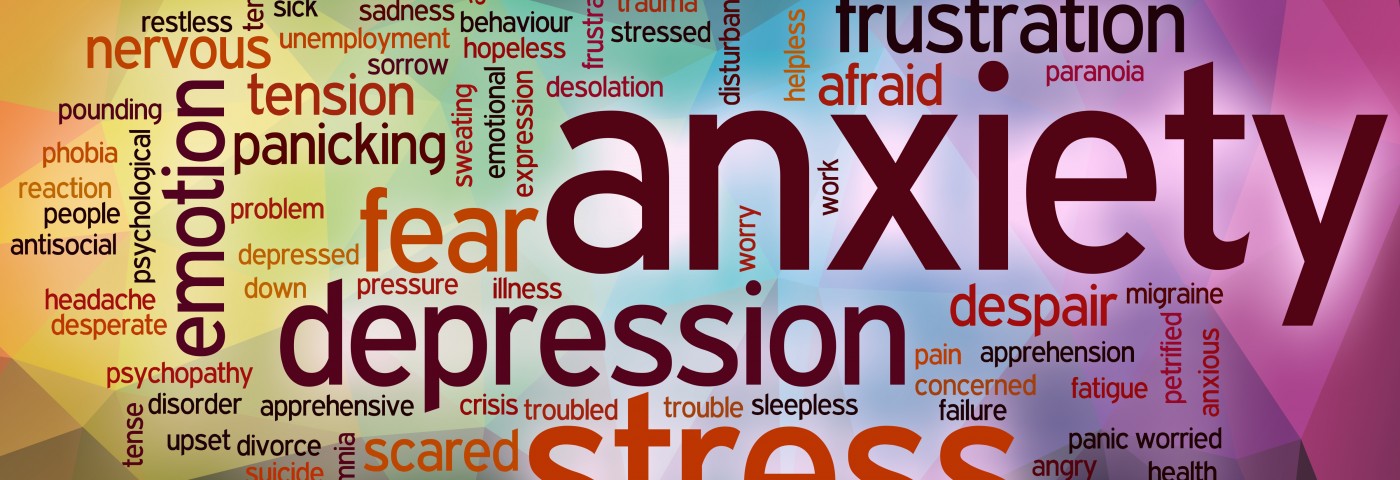Reviewing published studies of the connection between psoriasis and mental health conditions, researchers in Portugal noted that the link is likely maintained by cascades of inflammatory factors triggered by chronic stress characterizing both psoriasis and psychiatric states.
The review, “Psoriasis and Associated Psychiatric Disorders,” and published in The Journal of Clinical and Aesthetic Dermatology, underscored that although each case of psoriasis and psychiatric disease likely has its own mechanisms contributing to the conditions, adequate treatment of psoriasis needs to take into account the specific mental health disorders of each patient, as well as the circumstances under which they occur.
Psychosocial stress is an unwelcome companion of psoriasis and, as with other chronic stress states, studies have made it clear that it can both maintain and worsen symptoms. A 2011 report also showed that the vast majority of psoriasis patients, a whopping 84 percent, had a psychiatric condition.
Considering the high numbers, researchers at the Coimbra Hospital and University Centre in Portugal looked at studies evaluating potential mechanisms by which psoriasis and mental health conditions can influence each other.
Researchers found that 50 percent of all psoriasis patients have sleep problems and 70 percent have sexual problems, together making up the most commonly cited mental health issues among patients. These problems, it turned out, are often linked directly to either mental health factors such as depression that have a well-known impact on both sleep and sexual function, or psoriasis-related factors such as itch, pain, or side effects of psoriasis treatment.
Nevertheless, anxiety and mood disorders are among the most well-investigated conditions among psoriasis patients, and there is likely no universal explanation of the direction in which the conditions might influence each other.
Psoriasis is known to trigger feelings of anxiety and depression caused by the chronic itch and stigmatization of having a skin condition. Patients who have skin lesions on their face suffer depression more often than patients with other types of lesions, and depression might also change how patients perceive itch and pain caused by psoriasis.
But there are also several mechanisms by which depression or anxiety might maintain or trigger psoriasis. Both conditions are linked to an increased stress response, and, as a result, overactive inflammatory signaling.
IL-6, a cytokine commonly reported in depressed patients, is also known to worsen psoriasis, and chronic stress is known to activate particular immune cells, contributing to psoriasis.
Other conditions, such as bipolar disorder, eating disorders, and personality disorders have all been linked to psoriasis, and again, stress seems to be the one thing linking also these conditions to psoriasis. Bipolar disorder is also linked to increased levels of certain inflammatory factors, and a large 2013 analysis showed that IL-6 was among them. IL-6 is, in fact, a cytokine released from fat cells, and is also increased in obese individuals.
Psychotic conditions such as schizophrenia have also been linked to psoriasis, and the review highlights a number of case reports describing how psoriasis went into remission in patients treated with antipsychotic drugs.
This effect seemed to be limited to older, so-called typical antipsychotics, since case reports of newer generation, atypical drugs suggest they might worsen psoriasis symptoms. Since the evidence of these links is anecdotal, larger studies are needed to conclude if such medications might affect the course of psoriasis, and explore potential mechanisms involved.
Another recent study underscored that psychiatric factors often stand in the way of psoriasis treatment adherence, and treating physicians often lack enough knowledge of the complex relationship between psoriasis and other co-occurring conditions.
The review makes it clear that plenty of research is needed to understand the links between mental health conditions and psoriasis.
However, while it seems likely that many of the psychiatric states described can both affect, and be affected by, psoriasis, knowledge of the direction is not necessarily needed to treat patients with a psychodermatologic approach – taking both mental health, and skin matters, into account.


